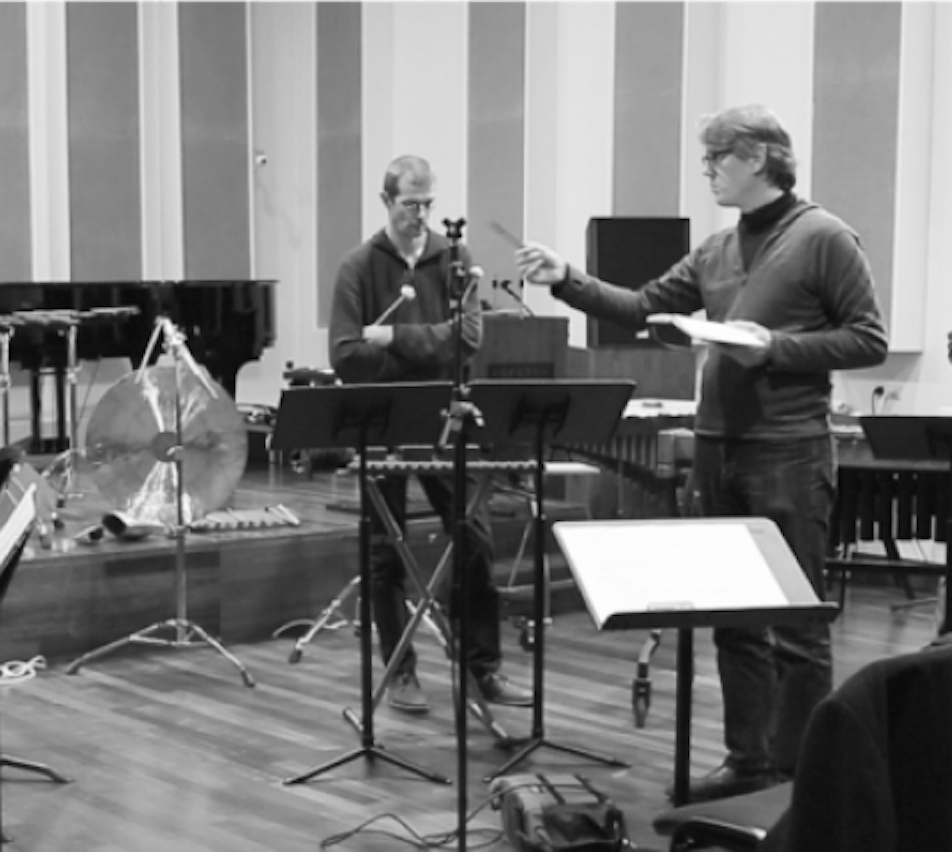

Emlyn Stam
| Keywords: | viola, viola d'amore |
| Duration: | 2014-2019 |
| Period: | 19th century music, 20th century music |
| Musician type: | stringed instrument |
| Host institution: | Leiden University |
| Keywords: | viola, viola d'amore |
| Duration: | 2014-2019 |
| Period: | 19th century music, 20th century music |
| Musician type: | stringed instrument |
| Host institution: | Leiden University |
The performances we hear on early recordings on the other hand, can often be characterized as unpredictable, live, rhetorical, and based on a moment-to-moment approach. In light of these considerations, Emlyn feels that examining and working with early recordings is of vital importance for contextualizing our current performance practices that so often go unquestioned. Our musical culture is prone to several major assumptions about our performance practices namely, that our performance practices have been passed on through tradition and retain a historical essence of truth, that our practices are fully based on historical evidence or that our practices are fully new and creative. Historical recordings tell us that none of these things tend to be true and can help us to question of the underlying tenets of our current practices. This questioning will likely lead to changes in our own attitudes to performance as well as to the musical content of those performances.
This research focuses on exploring the terrain around the following questions:
-What differentiates the approach or aesthetic of early-20th -century performers from contemporary performers?
-What differentiates the early-20th-century approach to string chamber music and viola playing from our own? -Why are a number of stylistic traits of early-20th-century performance practice no longer used in current music-making?
-How can contemporary performing musicians integrate ‘foreign’ stylistic performing practices into their own performance practice?
Emlyn will use the analysis and study of historical viola and string quartet recordings to create experimental new performances using historical performing styles to expand the horizons of our current performing practices. The goal is to proceed from analysis, through copying, to a greater ‘insider-understanding’ of past performance practices in order to infuse new performances with this knowledge.
Prof. Frans de Ruiter (promotor)